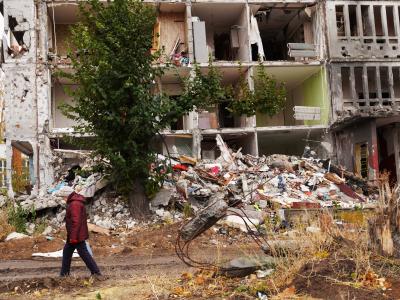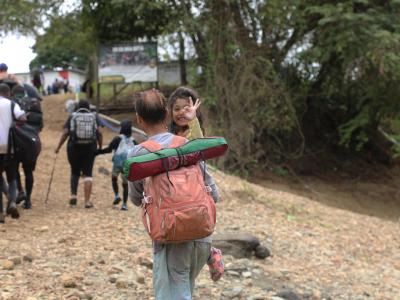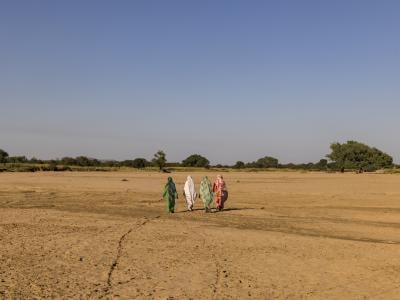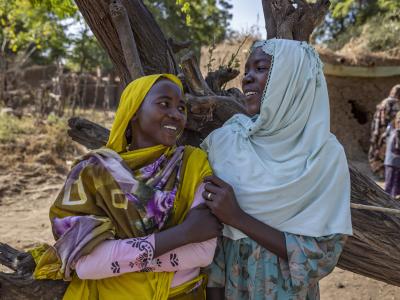Forcibly displaced communities and individuals, in all their diversity, must be meaningfully and continuously involved in decisions that affect their lives, through participation, transparent communication, opportunities for feedback and avenues to use their skills and initiative. In 2025, UNHCR will invest in participation, communication, feedback mechanisms and organizational adaptation, with new digital tools that serve to empower, include and inform forcibly displaced and stateless people.
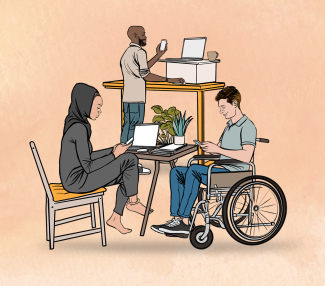

UNHCR partners with Arm to solve complex displacement challenges
Tech partners are crucial for UNHCR’s ambitions to use the power of technology to further the protection, inclusion and empowerment of people who have been forced to flee. Their support enables refugees to send and receive critical information and to have power over their data. Since 2023, Arm, a partner of UK for UNHCR, has worked with the UNHCR Innovation Service and provided foundational computing expertise that has helped UNHCR to remain agile in the digital age.
Arm provided financial and support and the valuable time of a host of experts, contributing to the development of innovative projects, such as AI-supported communications to vastly speed up the handling of requests from refugees and asylum-seekers in Jordan, potentially directly benefiting 240,000 people.

